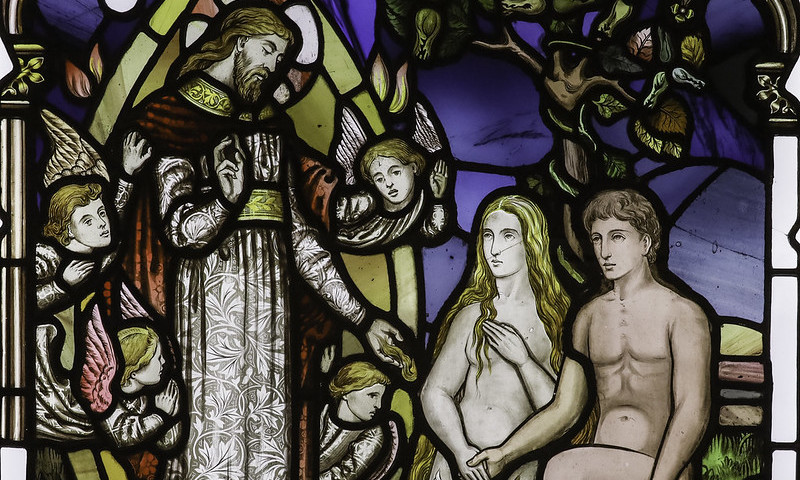God is omniscient, so why does he ask people questions in the Bible? For example, he asks Adam, “Where are you?” and “Who told you that you were naked?” (Gen 3:10–11). God knows the answers to these questions, of course, and he knows what Adam will say. So God’s reason for asking questions can seem nonsensical—until we look at these conversations between God and his people from the perspective of friendship.
Friends communicate with one another. If we jump to the New Testament, we hear Christ telling his apostles that his communication with them is the reason for their friendship: “I do not call you servants any longer, because the servant does not know what the master is doing; but I have called you friends, because I have made known to you everything” (John 15:15). In Adam’s case, God had communicated with him, but Adam rejected what God had told him. Despite Adam’s sin, God still desires the friendship that existed at first. In order for that wrong to be righted, God tries to get Adam to communicate again, so he asks, “Where are you?” God encourages Adam to communicate through confessing his sin. God approaches with a question, not an accusation. Due to either fear of punishment or an unwillingness to follow God, however, Adam does not respond to God trying to reestablish their friendship.
God did for Cain twice what he did for Adam. After God rejected Cain’s faulty sacrifice, God asks him “Why are you angry?” (Gen 4:6). God was aware why Cain was angry, but desired him to communicate and confess what was wrong. Only then could Cain be God’s friend. However, like his earthly father, Cain does not accept God’s offer of friendship: the apple did not fall far from the tree. Instead of turning toward God’s mercy, Cain turns further away and murders his brother. Yet again, even after this horrendous crime, God still desires friendship with him. He approaches Cain to ask, “Where is your brother Abel?” (Gen 4:9). God encourages confession and repentance until the last.
Despite God knowing all the answers to these questions, as well as how Adam and Cain would respond, God never stopped desiring there to be friendship between himself and his creatures. He never approaches to accuse without first approaching us for repentance, always extending the offer of mercy to those who have sinned so grievously against him, if only they would turn to him.
God will never stop doing this. Jesus asks Saint Peter three times, “Do you love me?” (John 21:15). The repetition reveals that Christ still desires friendship with St. Peter, despite St. Peter’s triple denial of him. Christ is always asking us this same question, “Do you love me?” because he desires our friendship so ardently.
Especially in the season of Easter, we remember that friendship and conversion to God lead to life. God says “I do not wish for the death of the sinner, but to be converted and live” (Ezek 18:23). God already knows all of our faults and failings. He may not ask us questions that we hear with our ears, but he does ask us questions that we can hear in our hearts. Even though he knows it already, he desires to hear from our own lips what is bothering us, why we are sad, what we hope for. He already desires to forgive us before we approach him; all we need to do is ask, and he will raise us to new life.
✠
Photo by Fr. Lawrence Lew, O.P. (used with permission)







